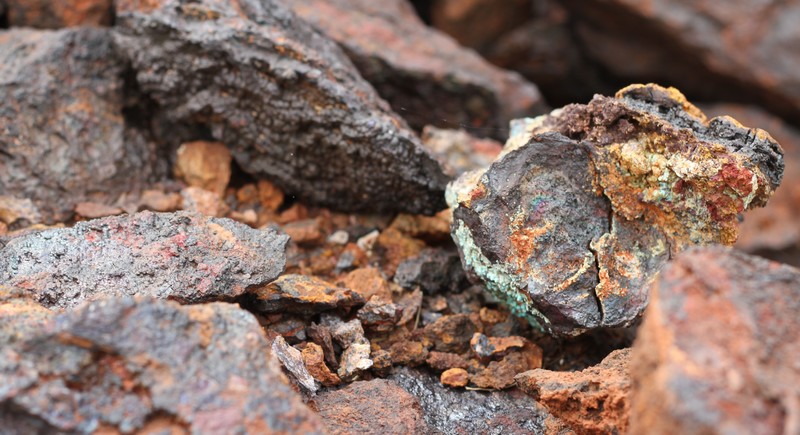Canada has dreams of becoming a key player in the electric vehicle (EV) battery supply chain and has invested billions into domestic critical minerals mining to help make it a reality.
But a new report from the University of Calgary highlights that Canada’s ambitions might be far-fetched. With less than 5% of proven critical mineral reserves needed for the global energy transition, regions like South America, Africa, and China might take centre stage.
- Canada holds about 2.1% of the world’s proven nickel reserves, while Indonesia and Australia account for 22% each. For cobalt, it has 2.9%, while DR Congo has 46%.
- When it comes to lithium, an essential critical mineral for EV batteries, 58% of known reserves are located in Bolivia, Argentina and Chile, compared with 2.5% in Canada.
Yes, but: The report only captures data about proven reserves (which is to say, that they are ready to be mined and turn a profit). The federal government argues this doesn’t present the true scope of Canada’s mining potential, which is yet be tapped.
Why it matters: Canada’s proven reserves might be comparatively small, but they aren’t insignificant. As the country seeks out foreign investment (from almost every country but China), it could still carve a role as a small provider of cobalt, copper, nickel, and zinc.
